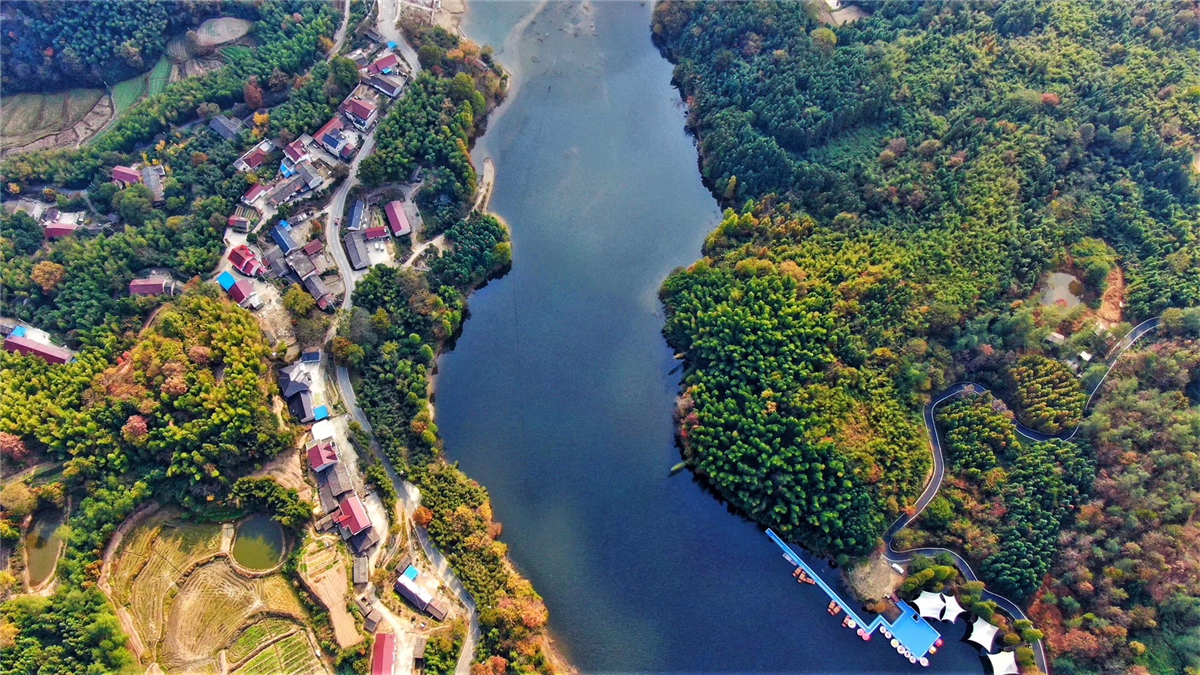Developing Asian countries focus on climate aid commitments
By PRIME SARMIENTO in Hong Kong | China Daily | Updated: 2019-12-09 09:38

For most developing Asian countries, this year's climate negotiations are not just about meeting emissions targets but also about financial commitments.
Analysts said leaders of developing Asian countries attending the United Nations climate summit in Madrid are likely to focus on two key areas. These are: their own pledges to cut greenhouse gas emissions and lobbying industrialized countries to fulfill funding commitments that would help them adapt and mitigate the impact of climate change.
Delegations from nearly 200 countries are in Madrid, Spain, this week to attend the 25th Conference of Parties of the United Nations Framework Convention on Climate Change. Spain stepped in to host the meeting after Chile suddenly withdrew from the role in October due to ongoing protests.
"This is not aid but (an) obligation because they (industrialized countries) are historically responsible for the problem," said Renato Redentor Constantino, adviser to the Climate Vulnerable Forum.
The forum comprises 48 countries among the most vulnerable to the impact of climate change. Most are located in Asia, Africa and the Pacific Islands.
Constantino referred to the landmark 2015 Paris climate treaty where 195 signatories agreed to cut emissions as a way to keep the global temperature rise this century at less than 2 degrees Celsius above pre-industrial emissions levels. They also agreed to pursue efforts to limit the rise to 1.5 degrees Celsius.
Developed countries that signed the pact pledged to provide $100 billion a year in climate-related finance to developing countries.
"The rich countries committed to provide resources to support vulnerable countries to reduce emissions, and to protect them from the impact (of climate changes) that may no longer be reversible," he said.
Harjeet Singh, global lead on climate change for nongovernment agency ActionAid International, said industrialized countries needed to do more "to support countries in the Global South to transition to greener economies". But Singh said that "there remains a lack of clarity on finance and technology transfer from developed countries".
The Paris climate targets are based on the findings of the UN's Intergovernmental Panel on Climate Change. The panel said the world would need to limit the average global temperature rise to 1.5 degrees Celsius, reach carbon neutrality by 2050 and reduce greenhouse gas emissions by 45 percent from 2010 levels by 2030 to keep climate change within manageable limits.
But scientific warnings and political commitments have failed to stem the rise of carbon emissions in the past few years.
The Geneva-based World Meteorological Organization said average temperatures over the past 10 years "are almost certain to be the highest on record". The global average temperature for the months of January to October 2019 was about 1.1 degrees Celsius above the preindustrial levels.
The UN Environment Programme, or UNEP, said greenhouse gas emissions have risen at a rate of 1.5 percent per year in the past decade, stabilizing only briefly between 2014 and 2016. Total emissions hit a record high of 55.3 gigatons of equivalent carbon dioxide in 2018.
The agency said emissions in 2030 need to be 25 percent lower than in 2018 to limit global warming to below 2 degrees Celsius.
UNEP noted that China, United States, European Union and India are the world's biggest emitters. These four emitters account for more than 55 percent of the total emissions over the last decade.
A warmer planet is bad news for emerging Asian countries.
International aid agency Oxfam said more than 20 million people a year were displaced by extreme weather disasters over the past 10 years. And around 80 percent of these people live in Asia.
Oxfam said in a report issued on Dec 2: "The region is home to around 60 percent of the world population, and over a third of the people globally who live in extreme poverty. Many of its cities and megacities in low-lying coastal areas are particularly susceptible to rising sea levels and storms."
Constantino of the Climate Vulnerable Forum said it is very difficult for most countries to reduce emissions because "fossil fuels are so deeply embedded in our economy that it's so hard to uproot them".























